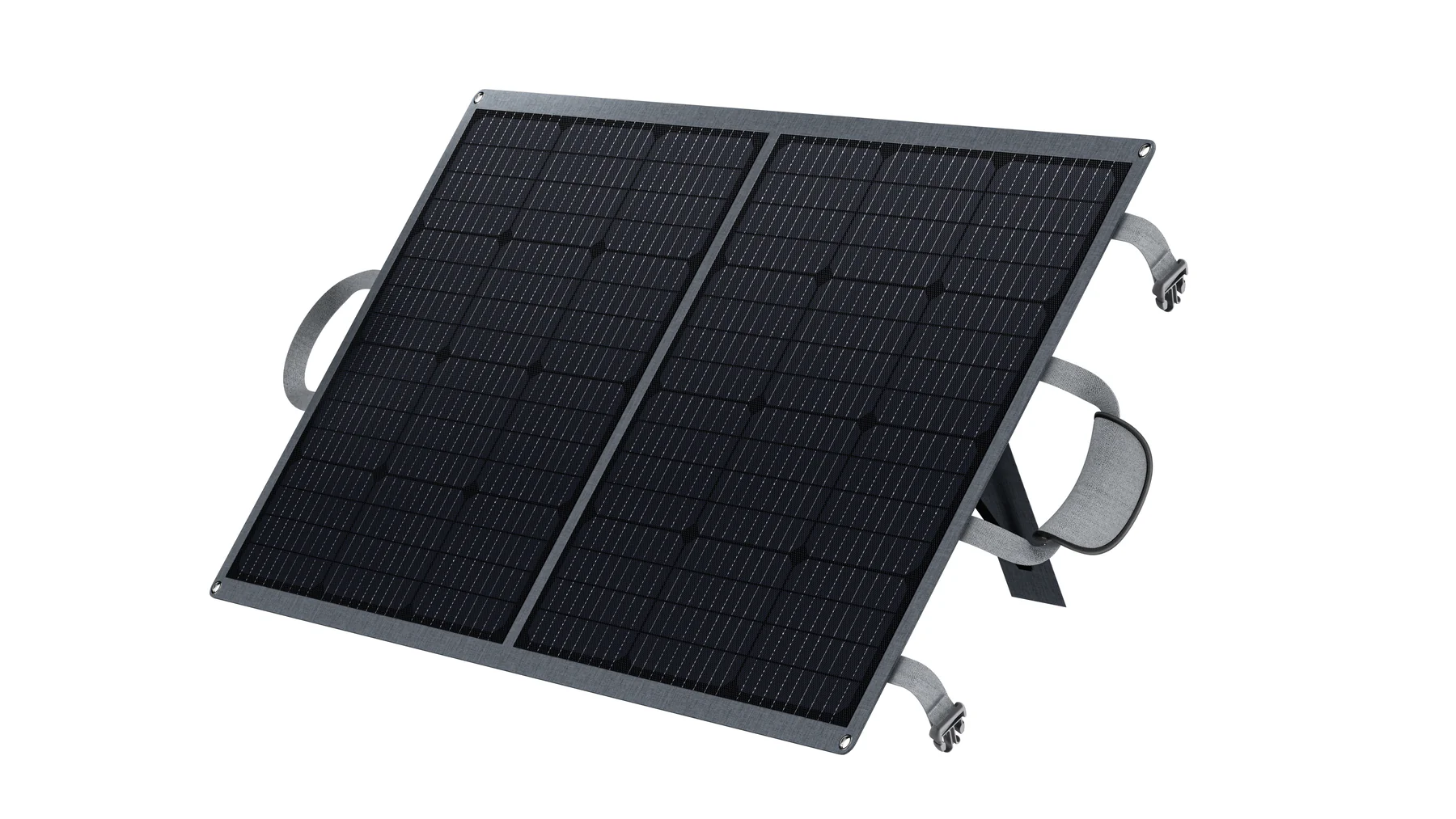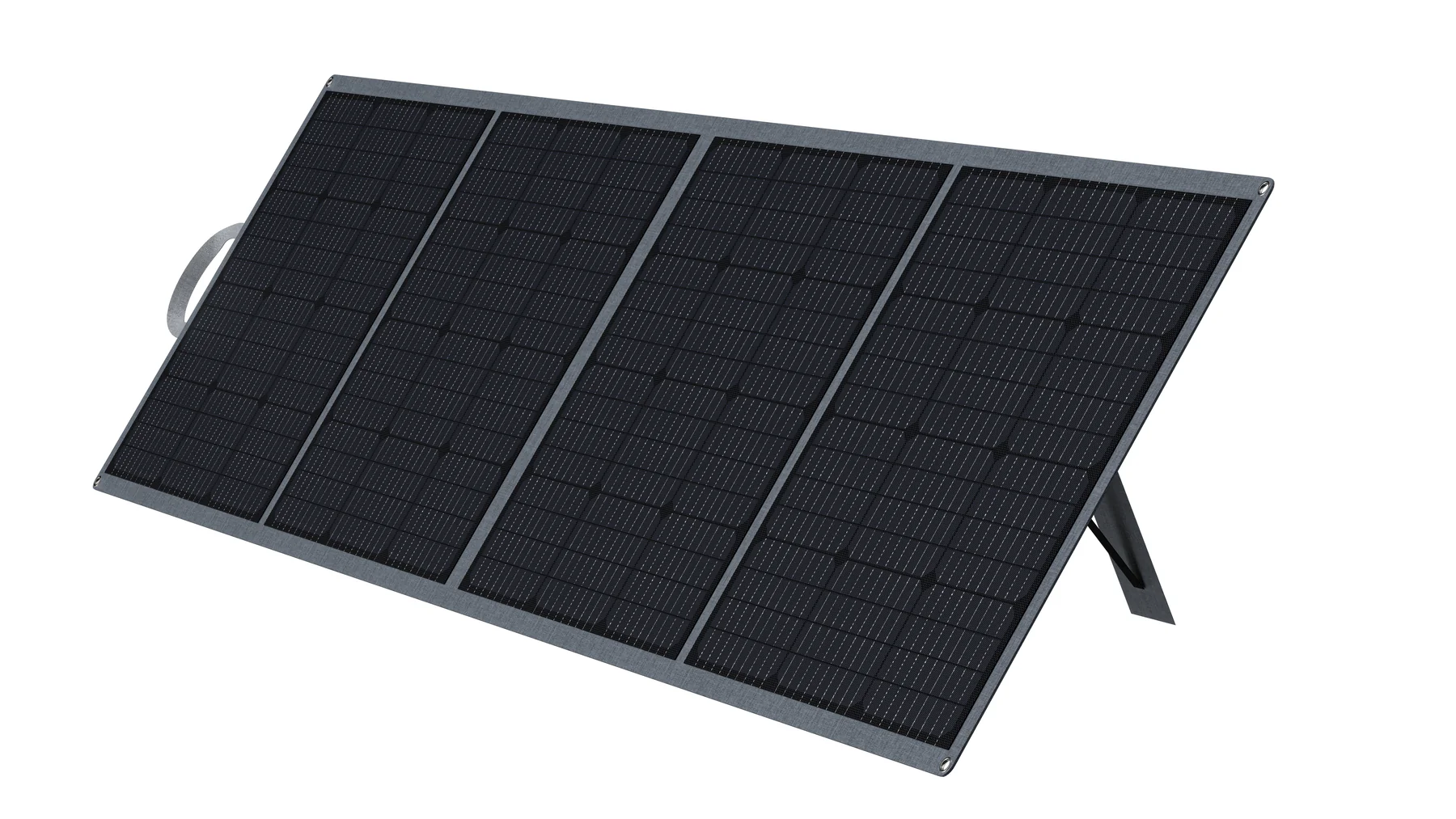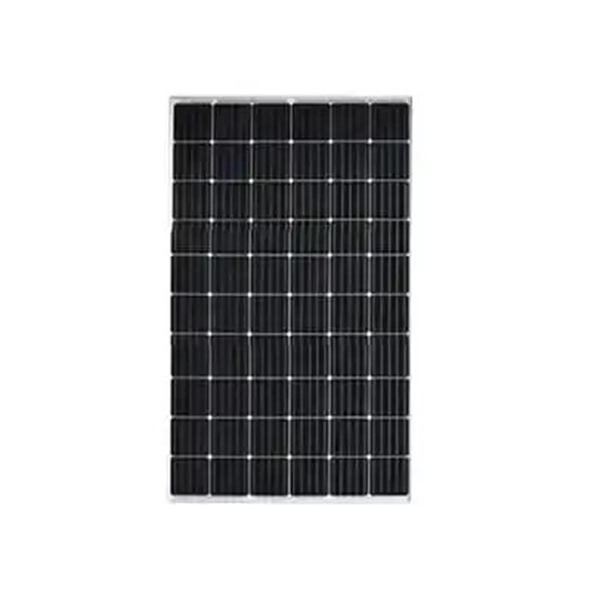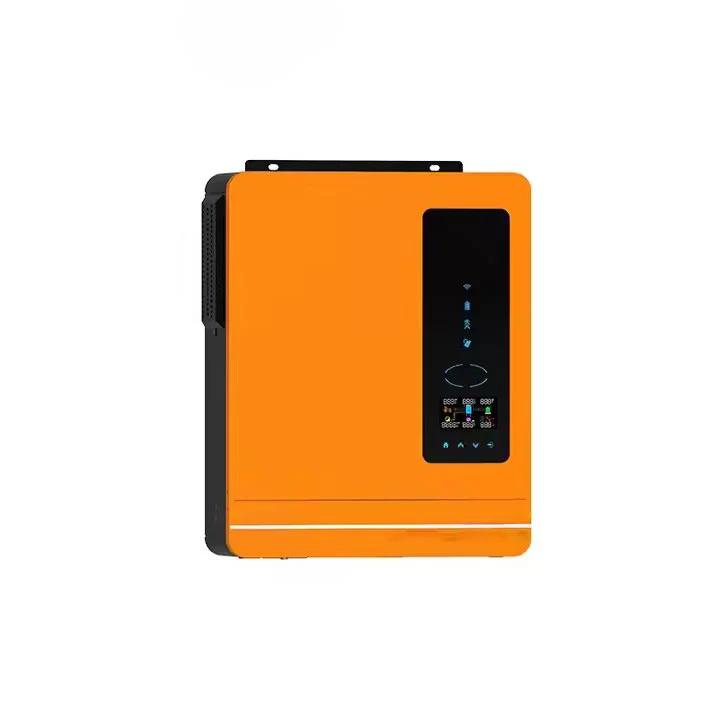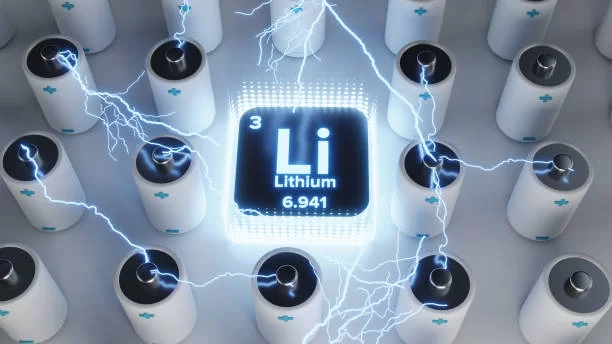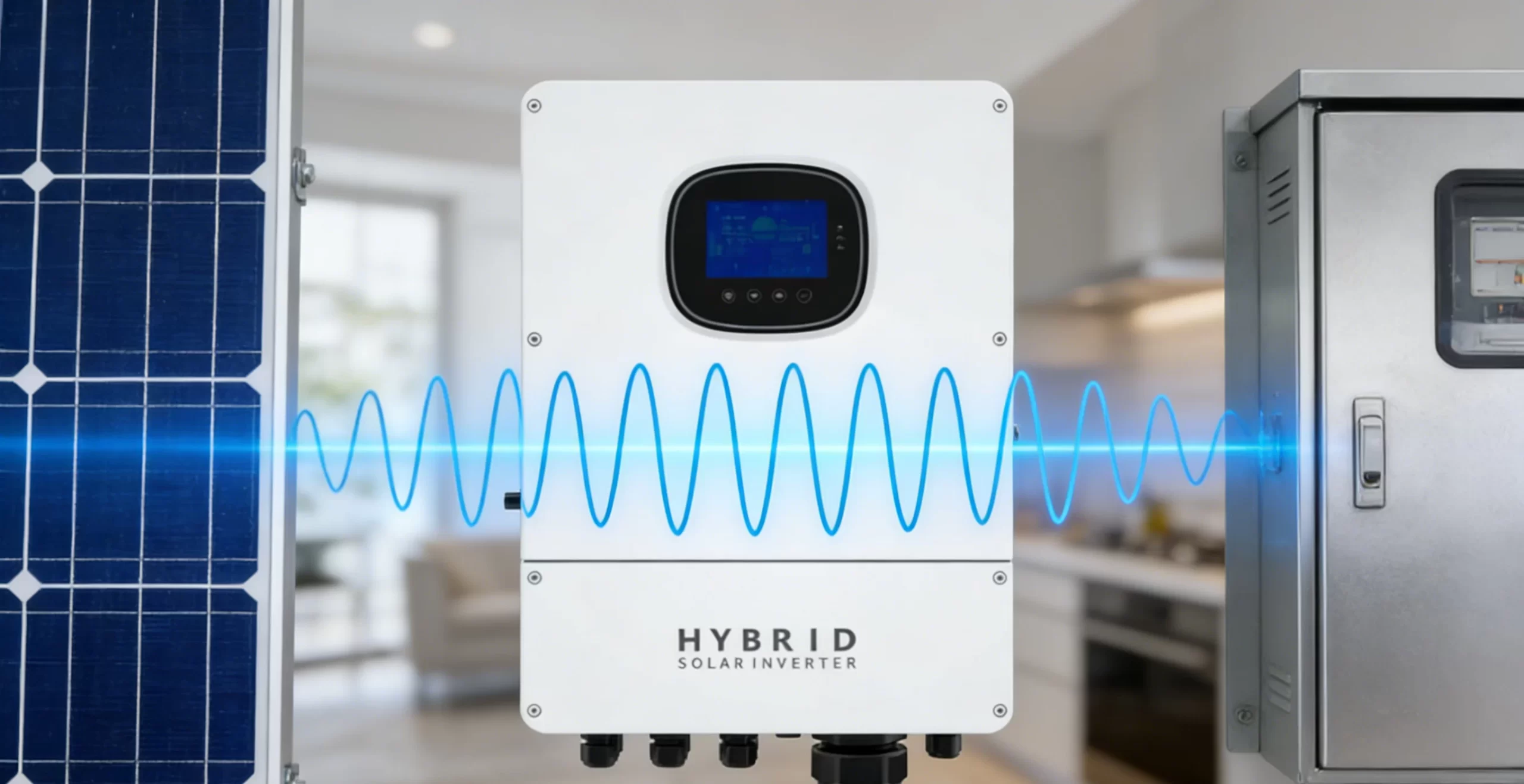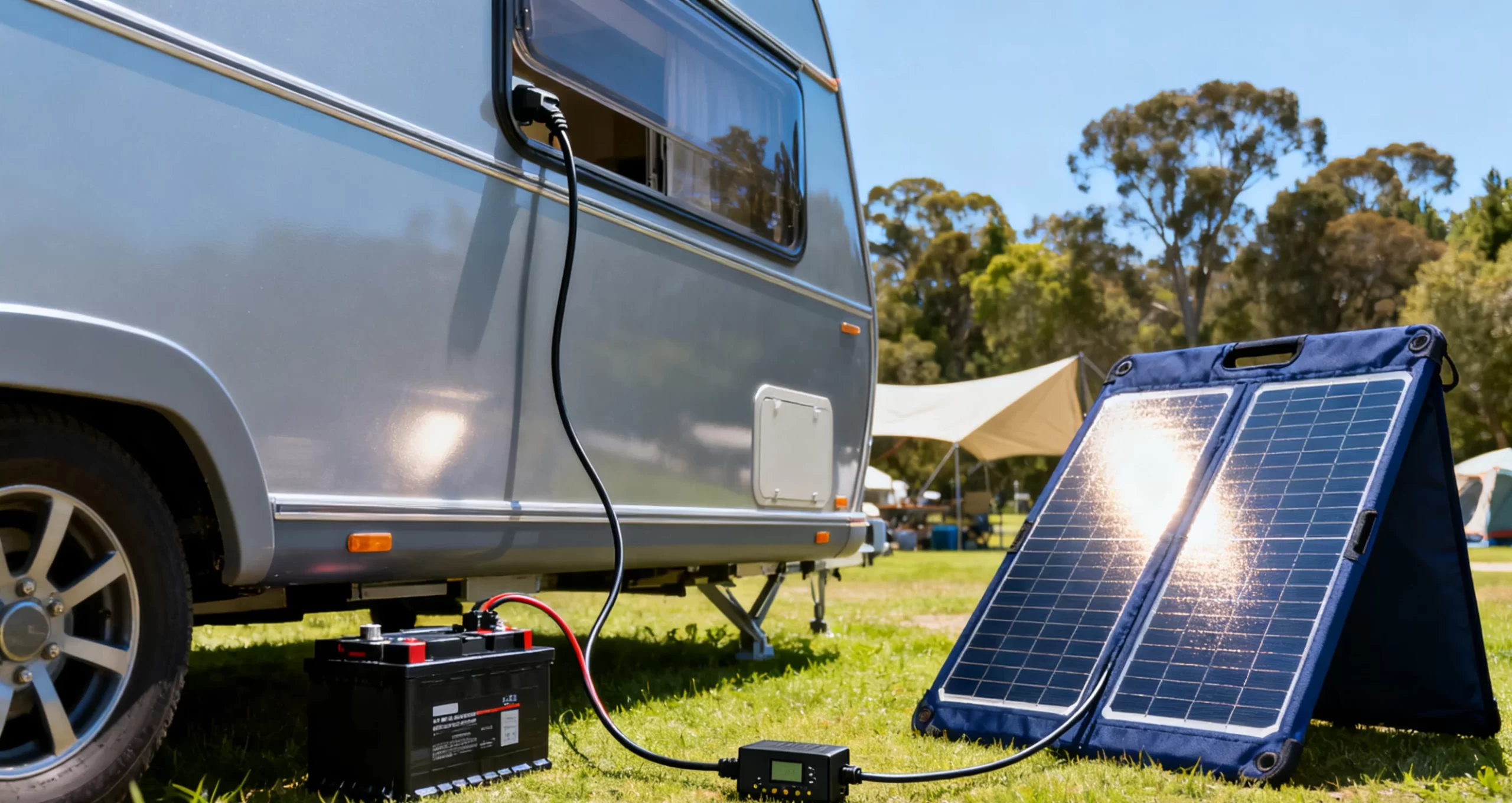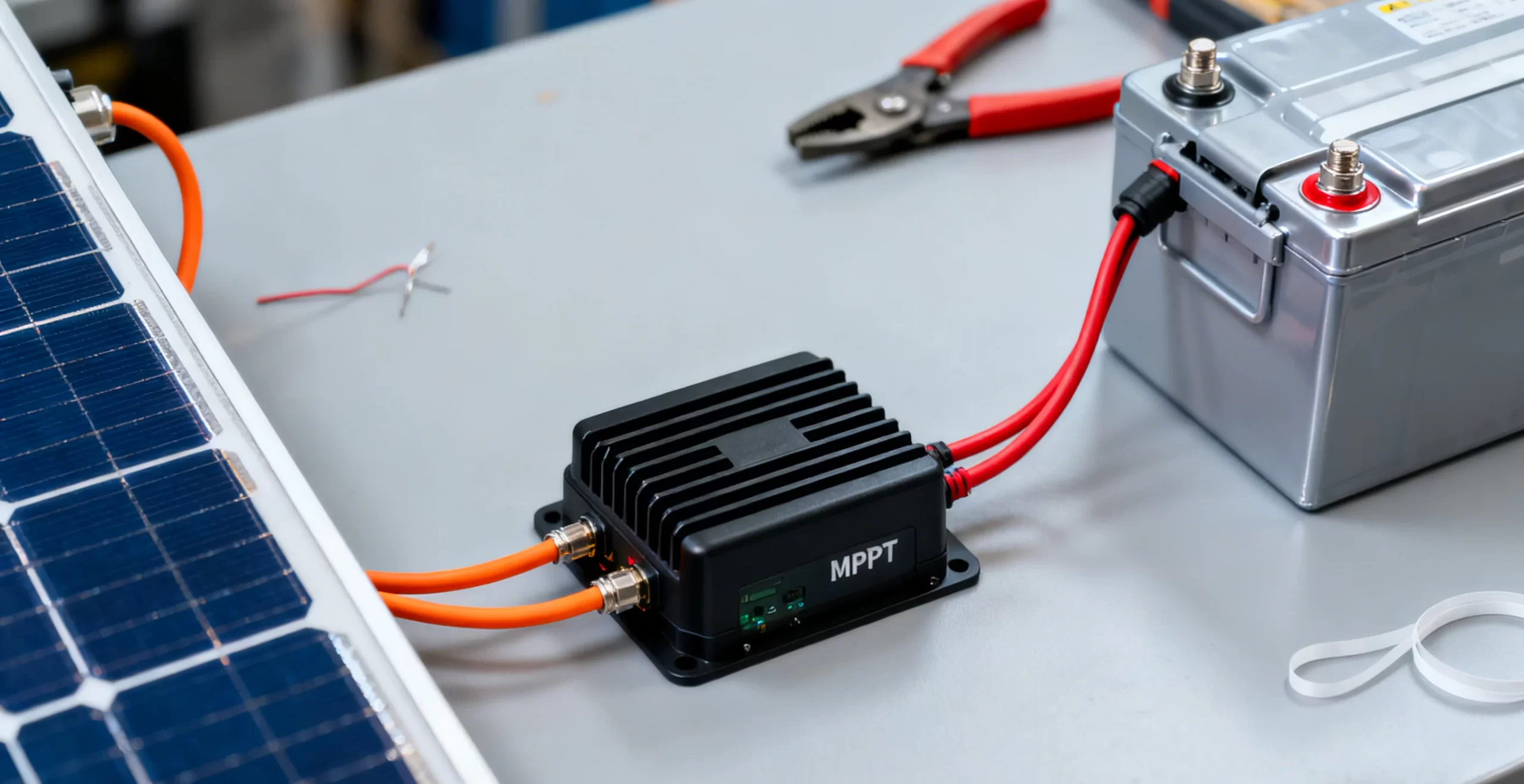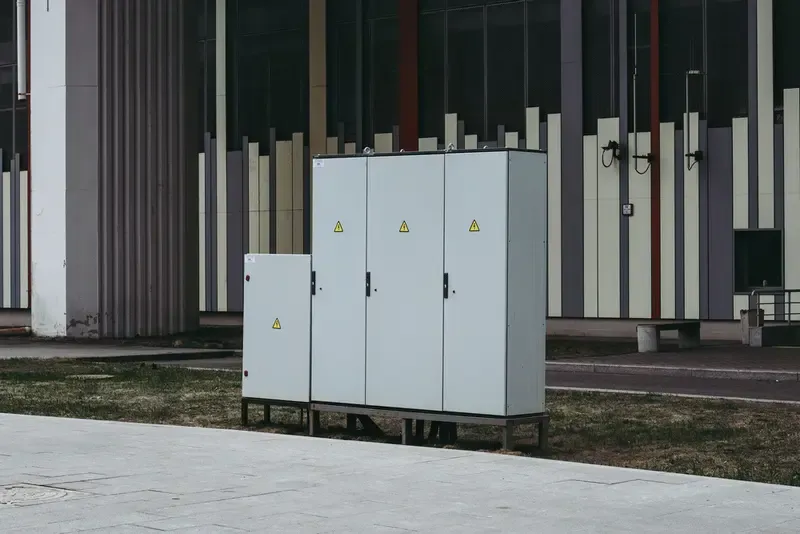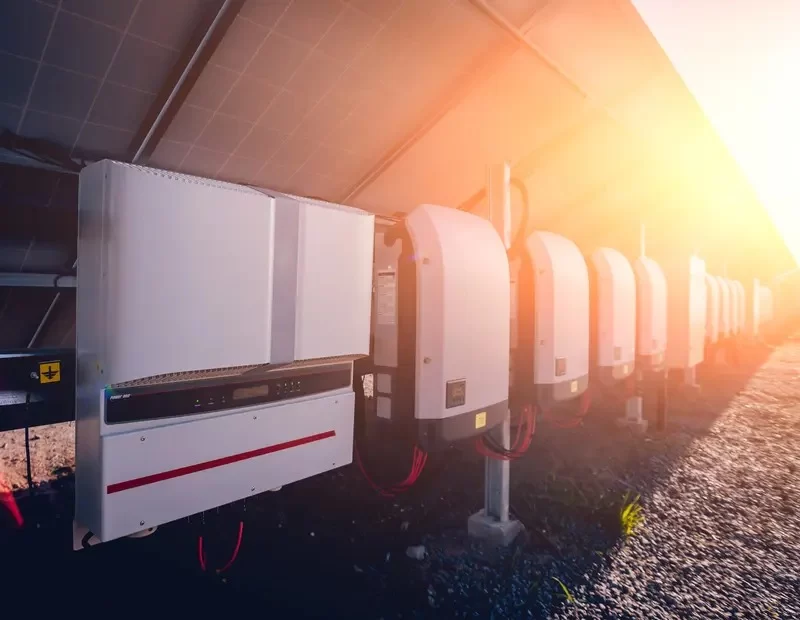Get A Quote Now!
Chinese Battery Manufacturers Targeting the Indian Market
Chinese battery manufacturers are setting their sights on the Indian market, driven by the growing demand for electric vehicles (EVs) and renewable energy storage solutions. This strategic move is not just about expanding their global footprint but also about leveraging the burgeoning opportunities in one of the world’s fastest-growing economies. As China aims to solidify its leadership in the global battery industry, entering India presents a significant opportunity for growth and collaboration.
Strategic Entry into the Indian Market
India’s rapid urbanization and increasing focus on sustainable energy have created a robust market for advanced battery technologies. Lithium ion battery pack systems are at the forefront of this demand, given their efficiency, long life, and suitability for various applications. Chinese manufacturers are well-positioned to meet these needs, bringing their expertise and high-quality products to Indian consumers and businesses.
Investment in Local Manufacturing
To gain a competitive edge, Chinese companies are investing heavily in local manufacturing facilities. Establishing production plants in India not only reduces costs but also helps in adhering to local regulations and standards. This local presence ensures a steady supply of lithium ion battery pack systems and solar panel battery bank solutions, which are crucial for supporting India’s ambitious renewable energy targets.
Collaboration with Indian Companies
Strategic partnerships between Chinese and Indian companies are becoming more common. These collaborations facilitate technology transfer, skill development, and market expansion. By working together, both countries can accelerate the adoption of advanced battery technologies, benefiting from shared knowledge and resources. For instance, joint ventures focusing on the development of solar panel battery bank systems can significantly enhance India’s renewable energy infrastructure.
Government Policies and Incentives
The Indian government is providing various incentives to attract foreign investment in the battery sector. Tax benefits, subsidies, and streamlined regulations are encouraging Chinese manufacturers to set up operations in India. These policies are designed to create a favorable business environment, promoting the growth of the battery industry while ensuring environmental sustainability. By tapping into these opportunities, Chinese companies can bolster their presence in the Indian market.
Addressing Environmental Concerns
Sustainability is a key concern for both Chinese manufacturers and the Indian government. The production of lithium ion battery pack systems and solar panel battery bank solutions involves addressing environmental challenges such as recycling and waste management. Chinese companies are implementing eco-friendly practices and technologies to minimize their environmental impact. This commitment to sustainability aligns with India’s environmental goals, fostering a partnership that benefits both economies.
Economic and Job Growth Potential
The entry of Chinese battery manufacturers into the Indian market is expected to create significant economic opportunities. Local manufacturing and increased investment will lead to job creation, from production and assembly to research and development. The economic ripple effect extends to related industries such as electric vehicles, renewable energy, and grid infrastructure. By investing in India, Chinese companies can drive economic growth while supporting India’s energy transition.
Future Prospects
The future of Chinese battery manufacturers in India looks promising. Continuous advancements in battery technology and increasing investments will play a crucial role in achieving energy independence and sustainability for both countries. As the industry evolves, the integration of advanced battery systems in various sectors will drive significant changes in how energy is stored and utilized. This collaboration between China and India paves the way for a greener and more resilient future.

